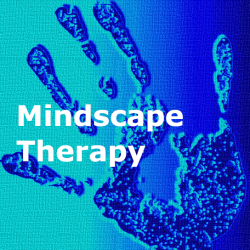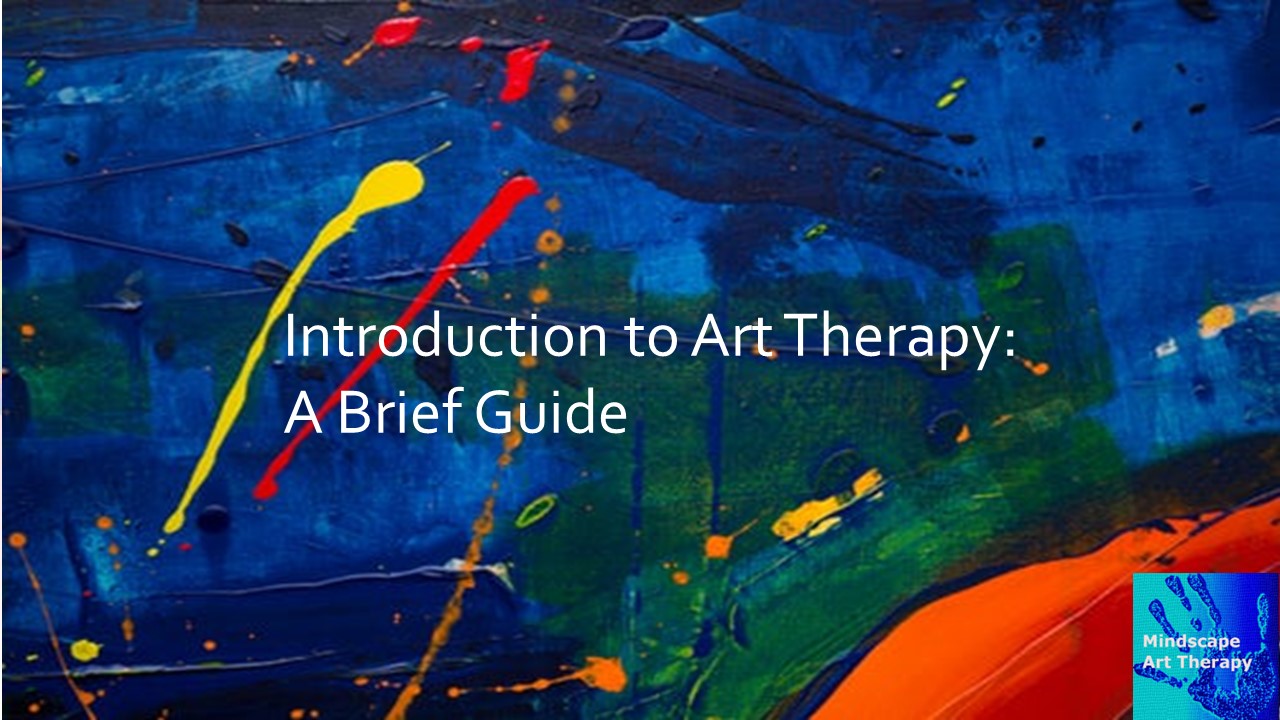Introduction
Art Therapy is the use of the creative arts to express and reflect on emotional states with the guidance of an art therapist. It is effective as an approach due to the fact that it can help people express things that are difficult to talk about. It is also called Art Psychotherapy and is a well-developed profession in the UK and the US, being an approach that is used to help people of all ages.
For example, this approach can help people who have suffered traumatic experiences as often these are locked away in the mind and need the expression for the person to move on. Neuroscience tells us that these experiences are stored as visual memories and can affect brain development if not processed. Therefore creative activities can help to access these memories and a trained therapist can help one process these difficult experiences.
Understanding the difference between Art Therapy and an Art lesson
Art Therapy is different than an art lesson as it is more about expressing how you feel. The important thing is that the process can be just as meaningful as the end result. To be doing Art Therapy it must be under the guidance of a trained and registered art therapist.
Do I have to be good at art?
Art Therapy is about expressing how you feel so it is not important to be skilled at art. It can help everyone as any creative activity can stimulate the mind. With a trained professional art therapist the process of healing and change can begin.
What is an art therapist?
Art Therapists are trained therapists to a masters level and above so only people who have completed a Masters in Art Therapy can be called an art therapist. They are experts at helping a client use creativity and art-making to process difficult experiences and increase self-awareness. This can help the client to start to resolve difficulties and cope with symptoms of stress and trauma.
Art Psychotherapists are trained therapists with training that bridges expressive art with psychotherapy. Art therapists have experience using art as a medium for creativity and not merely as a tool for verbal therapy.
Art Therapists are licensed by the Health and Care Professions Council (HCPC) and are members of the British Association of Art Therapists
Art Psychotherapy Approaches
I work with children, adults, couples, and families. I use art psychotherapy, psychotherapy and counselling approaches to help a person express how they feel. The process of art-making can help a child who struggles to talk about how they feel, and also help an adult who feels stuck such as a person who is anxious or depressed.
Art Therapy and Children
Art Therapy can help a child develop emotionally as they learn to express their feelings through creativity and play. This can help the child to regulate their emotions and build up their self-esteem. It can also help a child with learning needs to communicate as verbal communication may be difficult.
Art Therapy and Adults
Art Psychotherapy can help people who feel stuck or depressed as sometimes it’s easier to express visually than having to tell someone verbally. This can feel safer and then when the person is ready the difficult emotions can be explored.
Art Therapy and Couples
Art Therapy can be an effective way for couples to explore their difficulties and be more effective partners. Sometimes couples can be stuck in a negative loop so by highlighting this and encouraging more effective expression and communication. This can strengthen bonds and improve emotional intimacy.
The benefits of using Art Psychotherapy
- Art-making can be a safer way of expressing emotions and more hands-on and tangible.
- Art Therapy can help people who struggle to talk about their feelings.
- For children, art therapy can aid in the development of abstract thinking skills and emotional development. Both which facilitate learning and the enhancement of cognitive abilities
Andrew C Wright
You can read more about the author
https://www.linkedin.com/in/andrewcwrighttherapyartpsych/


